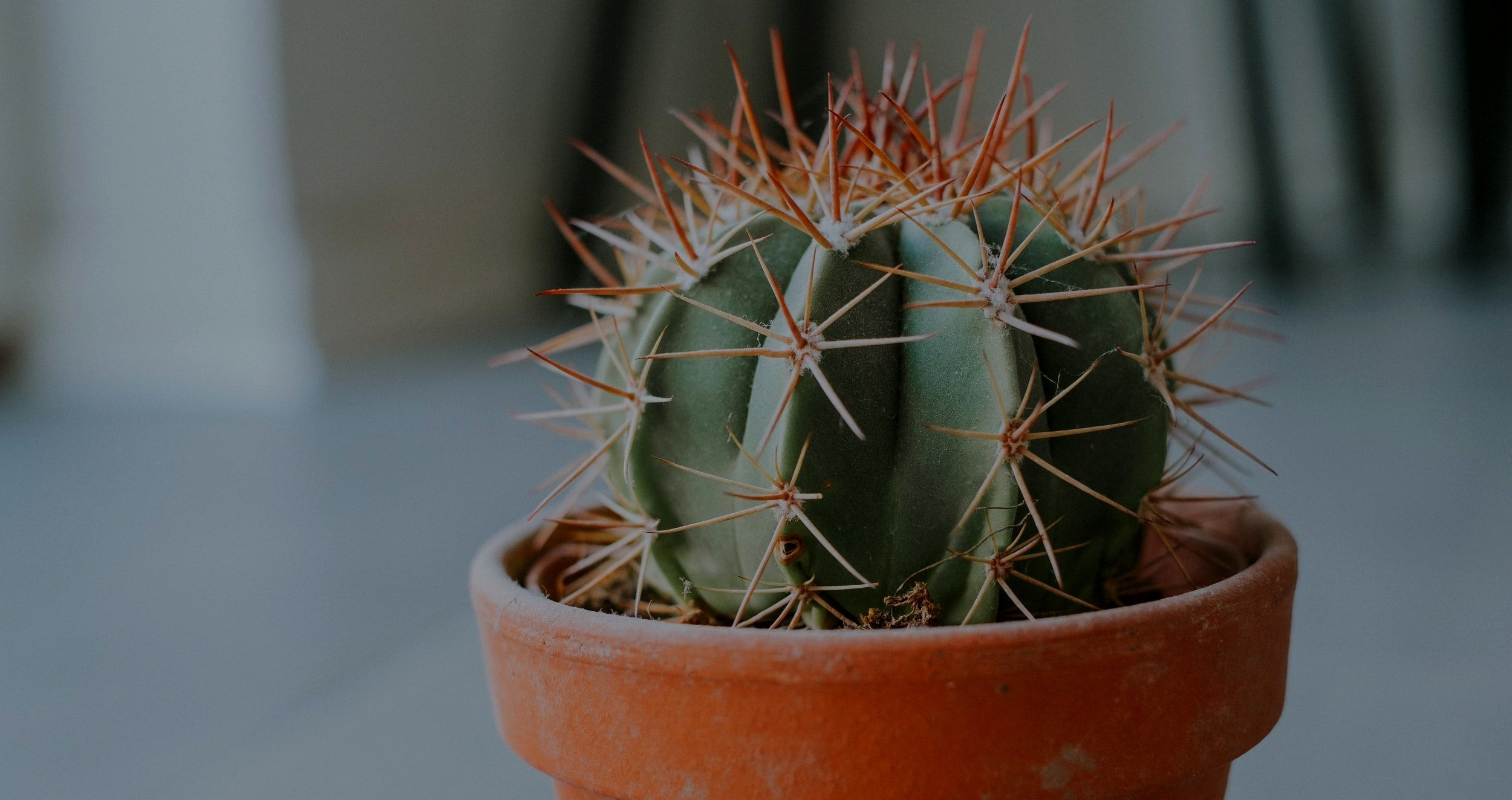
Balanitis
Balanitis refers to inflammation of the glans penis, or head of the penis. When both the glans and the foreskin are inflamed, it is referred to more precisely as Balanoposthitis. As Balanitis and Balanoposthitis are very similar in nature, the term “Balanitis” usually encompasses both of these conditions. It is estimated that up to 10% of males will have Balanitis during their lifetime. Balanitis is more likely to occur in uncircumcised men and boys under the age of 4.
What are the symptoms of Balanitis?
Symptoms of Balanitis may appear suddenly or develop gradually, and include:
Pain, irritation, red dots or red patches on the glans
Itching under the foreskin
Swelling
Areas of shiny or white skin on the glans
Foul smell often due to smegma
Painful urination
Who gets Balanitis?
Balanitis primarily affects uncircumcised males because the glans is covered by the foreskin most of the time, and the lack of aeration causes excess moisture and warmth. If phimosis (tight foreskin) is present, it is difficult to retract the foreskin fully to clear away smegma, which is a layer of whitish debris that develops naturally due to dead skin cells and sebum. These contribute to the ideal conditions for yeast and bacteria to grow. Poor or inadequate personal hygiene leading to such infections is therefore the most common cause of Balanitis.
The other causes of Balanitis are:
Skin irritation or allergic reactions from harsh soaps, lotions, scents and spermicides
Over-washing leading to excessive dryness
Benign skin conditions like psoriasis and eczema
Complications from Diabetes. The urine of Diabetic patients contains glucose, and when this is present on the penis, it becomes a breeding ground for fungal and bacterial growth
Sexually Transmitted Infections (STIs) like Herpes Simplex Virus
Reactive arthritis, a type of arthritis that develops in response to an infection somewhere in the body.
What can I expect from my visit?
Balanitis can be diagnosed from a detailed medical history and physical examination. Your doctor may collect a swab sample from the affected area and send it to the lab for testing. If necessary, an STI screen is performed to rule out the presence of STIs. Your doctor may also recommend a blood test to screen for Diabetes.
What’s the worst that could happen?
Recurrent Balanitis can lead to some undesirable complications:
Constricting Phimosis: Repeated inflammatory episodes lead to further scarring, thickening and tightening of the foreskin. Eventually, the foreskin may become so tight that it cannot be retracted at all.
Balanitis Xerotica Obliterans (BXO): Also called Lichen Sclerosus, BXO occurs when skin on the glans hardens and turns white. The hard tissue can make it difficult or impossible for urine and semen to flow through the urethra, and the foreskin can end up ballooning during urination, causing severe pain.
Less common complications include: vesicoureteral reflux (abnormal flow of urine back toward the bladder), urinary retention, meatal stenosis and urethral stricture.
How do I treat Balanitis?
The treatment for Balanitis depends on what is causing the condition. Treatments usually include topical antifungal, antibiotic and steroid creams, and in more severe cases oral medications may be prescribed. If a STI is diagnosed, your doctor will treat the infection accordingly. If Diabetes is present, your doctor will help to manage it by starting you on anti-Diabetic medications and getting your blood glucose levels under control, along with the appropriate dietary and lifestyle advice.
The best long term treatment solution would be a Circumcision procedure. Removing the foreskin allows for easy maintenance of one’s hygiene, and makes it very unlikely for yeast and bacteria to grow on the glans penis in the future. In cases of recurrent Balanitis, undergoing a Circumcision is highly recommended.
Preventive measures include:
Daily personal hygiene: with the foreskin fully pulled back, gently but thoroughly wash with warm water
Dry your penis after showering or passing urine
Avoid excessive and frequent washing
Avoid using strong soaps and lotions
Weight reduction in obese individuals
In Diabetic patients, maintain good control of blood sugar levels
Get in touch.
If you are experiencing any symptoms of Balanitis, please visit our doctor today for a full evaluation and treatment.
